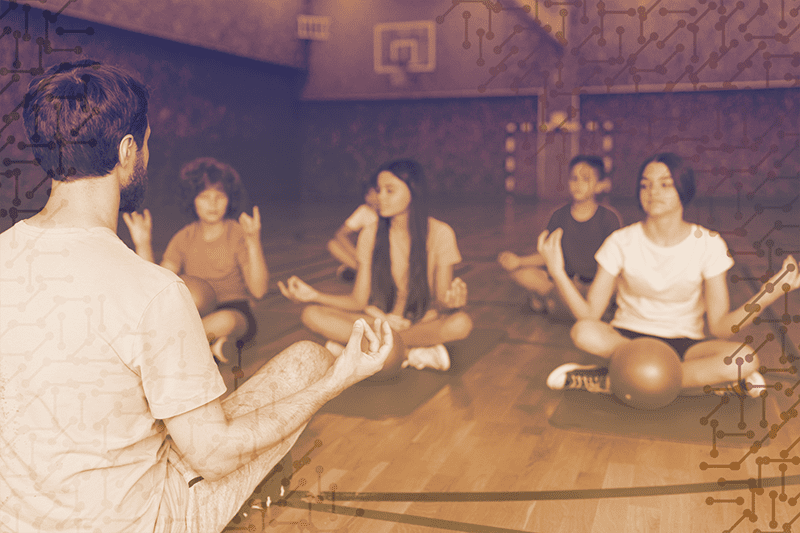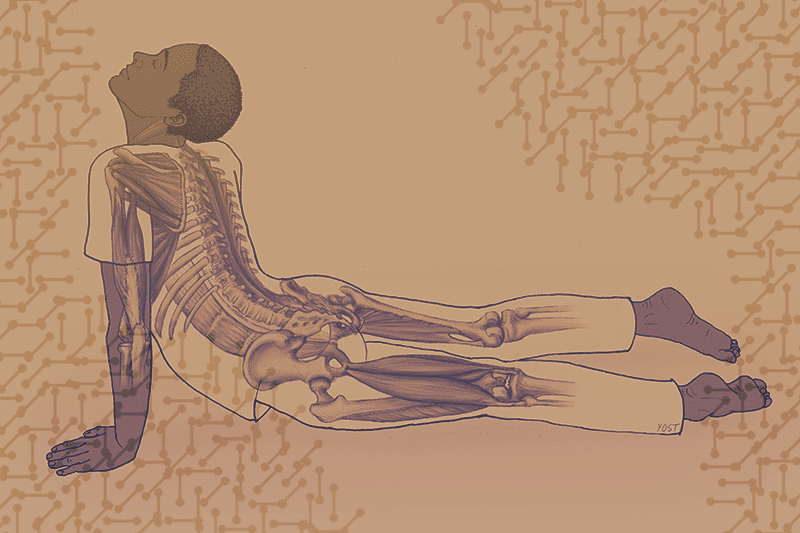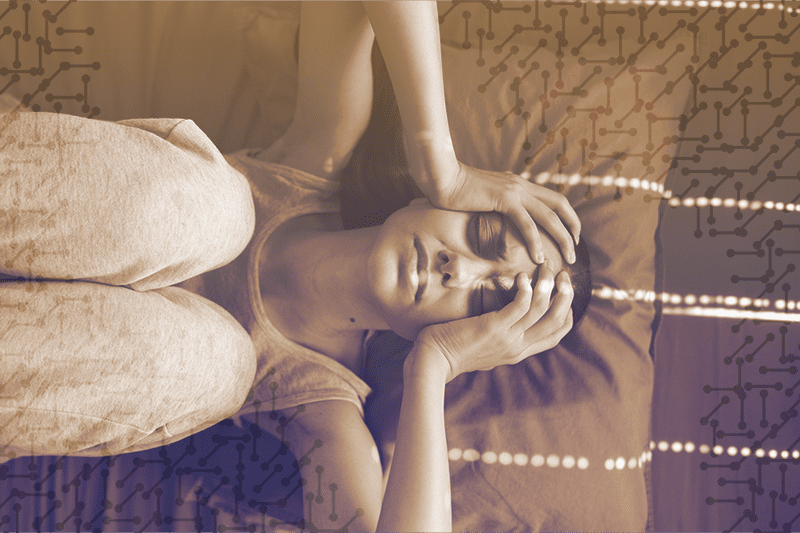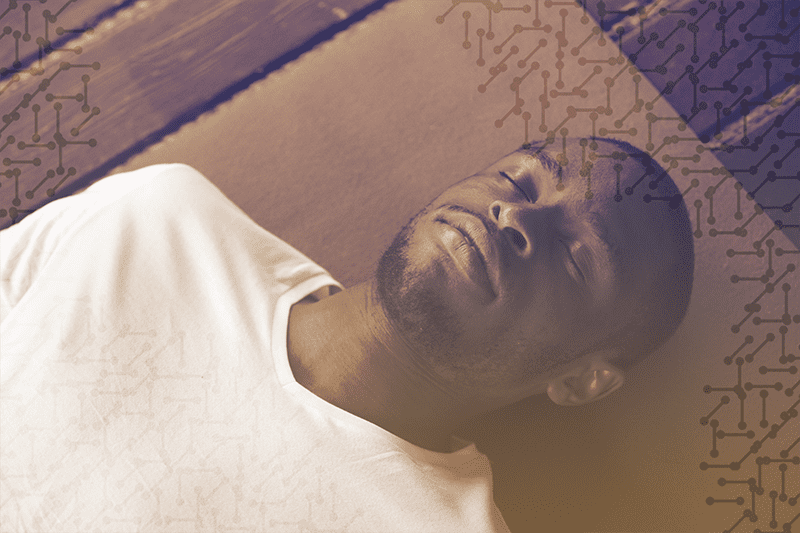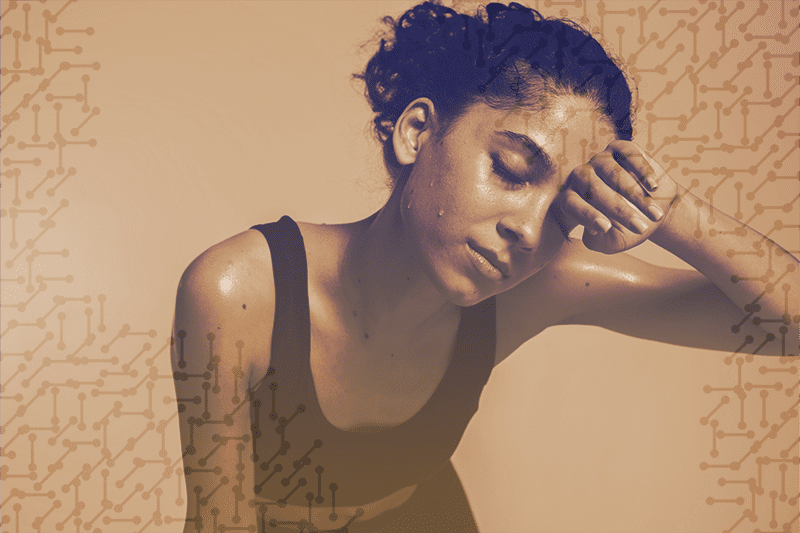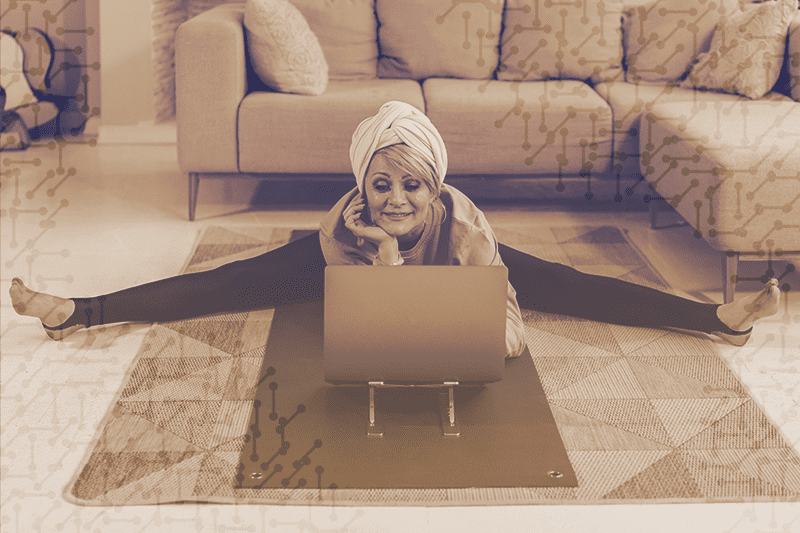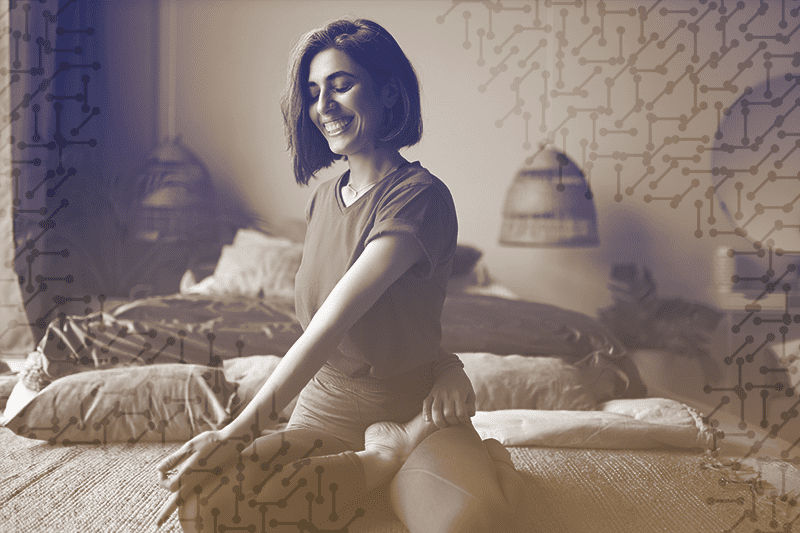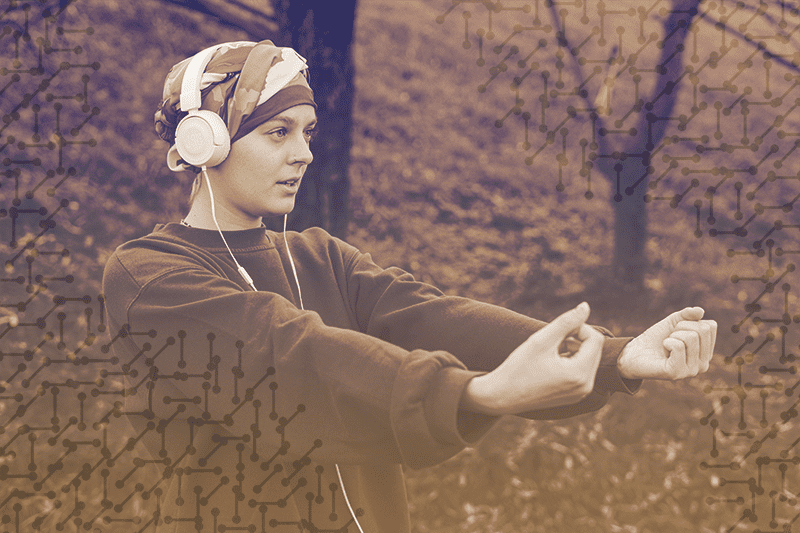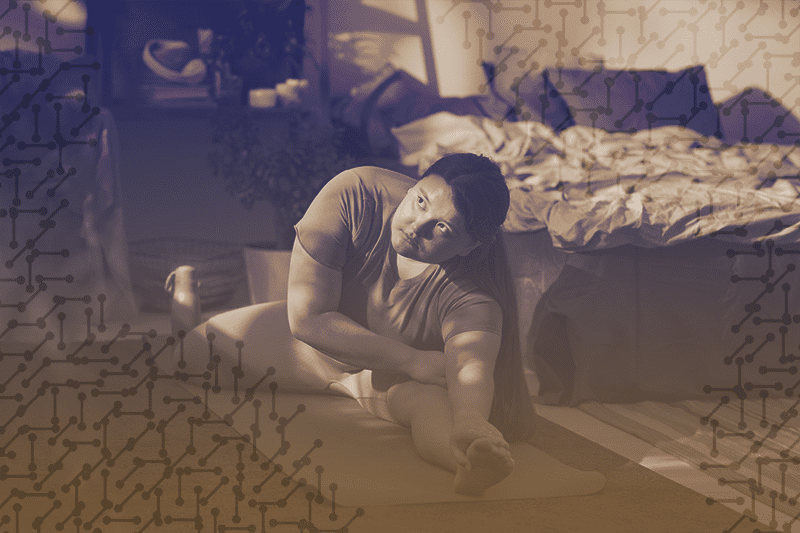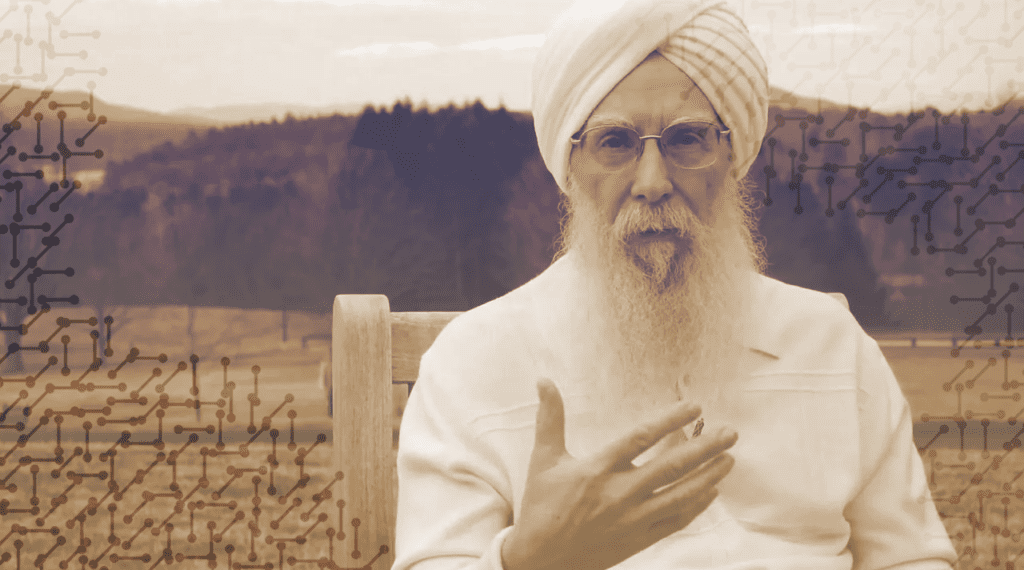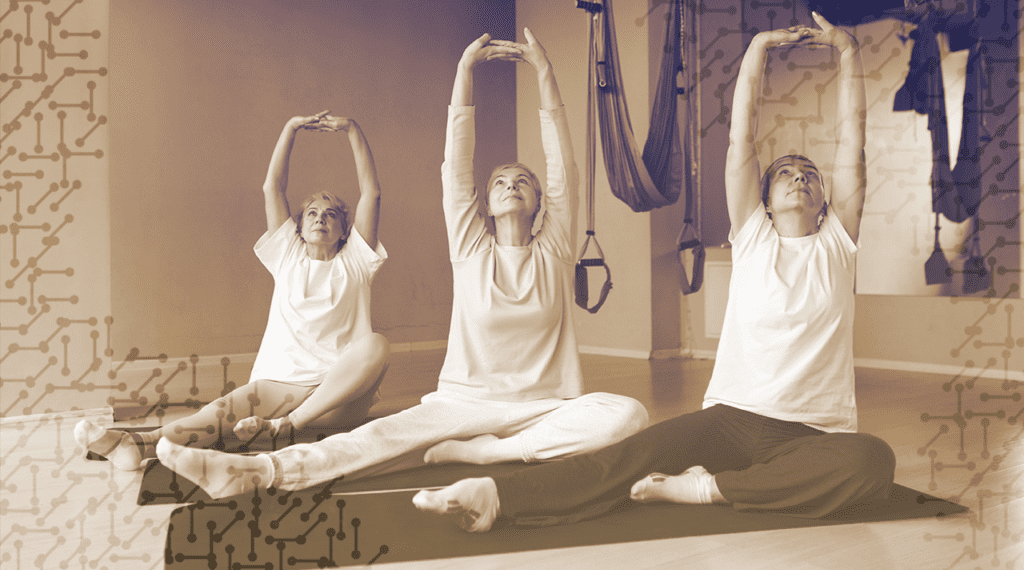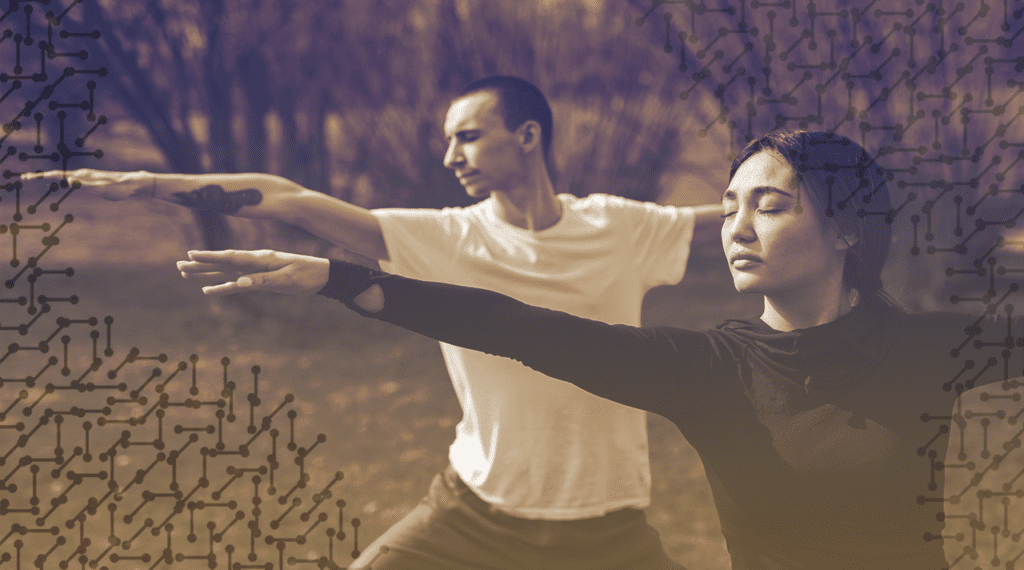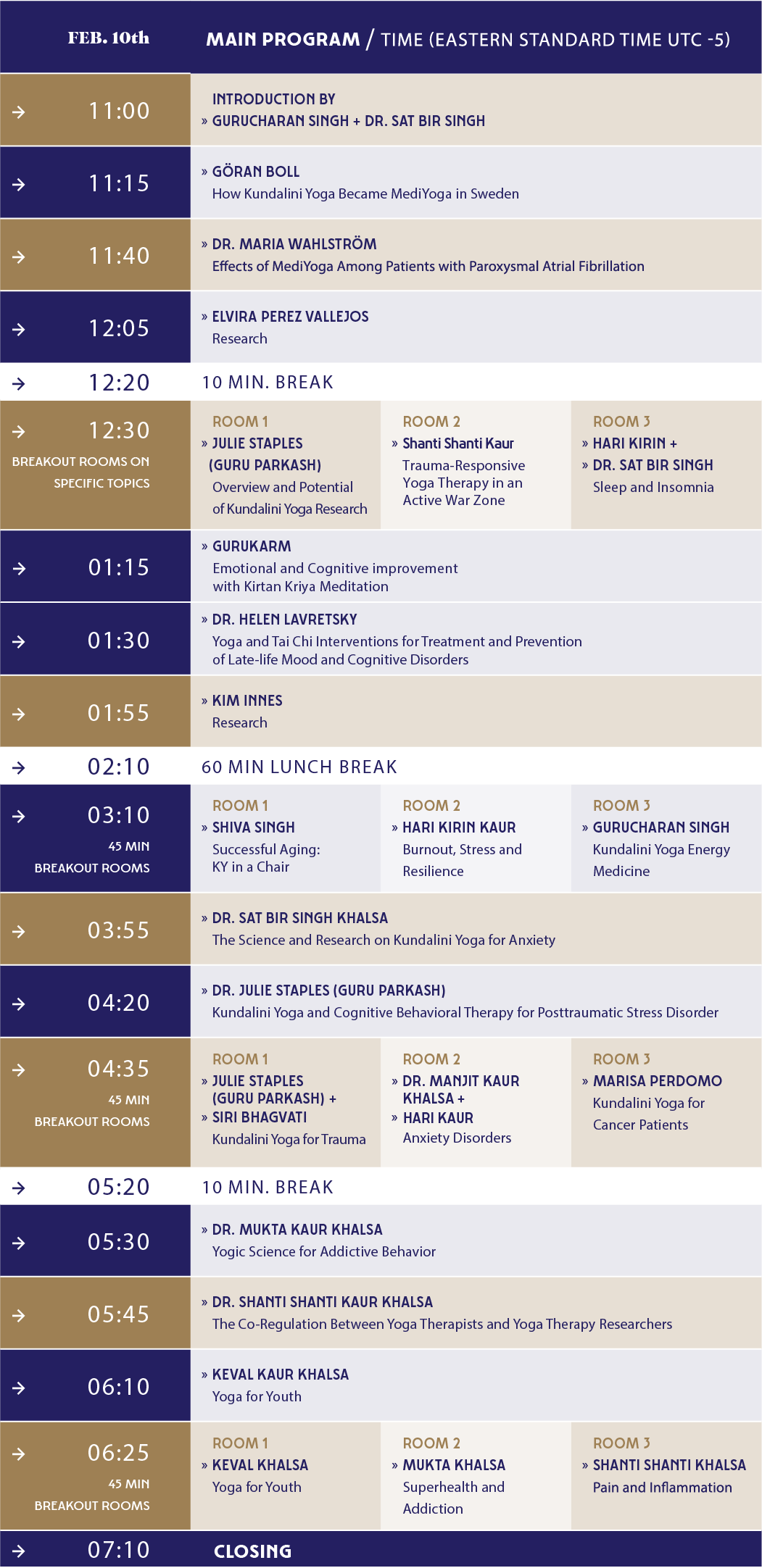
Over 8 hours of information-packed presentations with the world’s leading experts on Kundalini Yoga research.
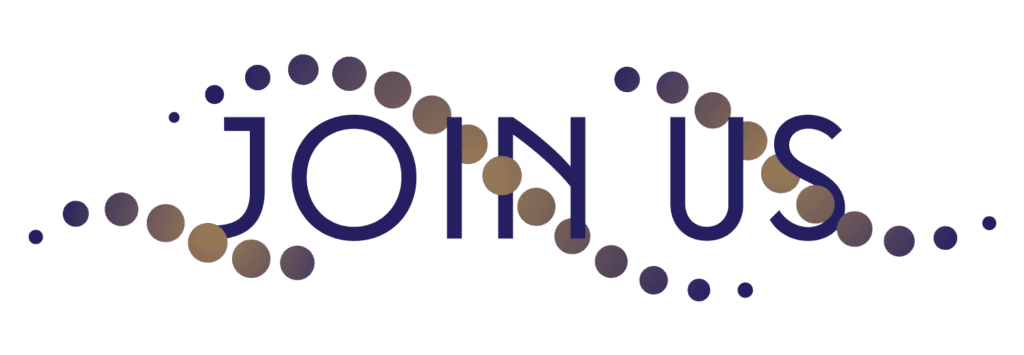
Welcome to the Kundalini Yoga Symposium
Research and Therapeutic Applications!
This global online event brings together leading experts in the field of Kundalini Yoga to explore the latest developments in Kundalini Yoga and its potential applications for healing, well-being and therapy. The symposium features a range of presentations covering topics such as the neuroscience of Kundalini Yoga, the use of Kundalini Yoga in a variety of populations and settings, including addiction treatment, trauma recovery, teaching in schools, among others.
You will have the opportunity to learn from experienced Kundalini Yoga practitioners, researchers, and therapists, and gain practical tools and techniques for applying Kundalini Yoga for a variety of populations.
Whether you are a yoga teacher, therapist, or simply interested in exploring the potential of Kundalini Yoga, this symposium is the perfect opportunity to deepen your understanding and expand your skills.
Register today and gain immediate access to the previously recorded event! Translations are available in various languages through automatically generated captions.
Learn from the world’s leading experts on Kundalini Yoga research:
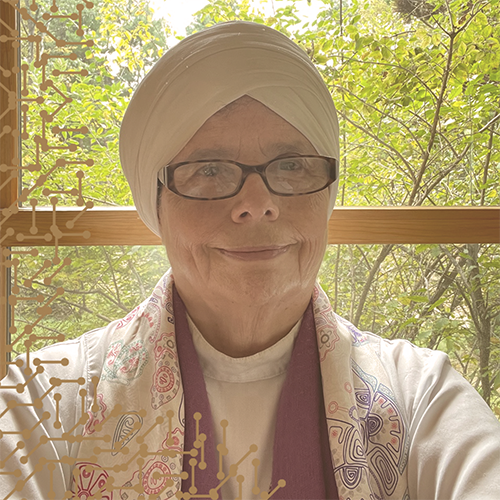
— Dr. Manjit Kaur Khalsa —
Dr. Manjit Kaur Khalsa, Ed.D., has been doing research in the field of yoga and psychology for more than a decade. She is a highly experienced Psychologist, in Private Practice in Millis MA. and consulting at Riverside Community Care in Milford, MA. She is also a long-time Kundalini yoga teacher and former Chairwoman of the Board of Sikh Dharma of MA, which oversees Guru Ashram and yoga center in Millis, MA. She is also co-founder of Yoga Cognitive Behavioral Therapy (Y-CBT) and co-author of The Yoga – CBT Workbook for Anxiety (New Harbinger Publications. 2017).
This 45-minute breakout room workshop provides an opportunity to share and dialogue with the attendees on the underlying principles of Kundalini Yoga that apply to the treatment of Generalized Anxiety Disorder. We’ll focus on questions from the attendees and discuss some of the challenges both to implementing yoga programs and doing research in this field.
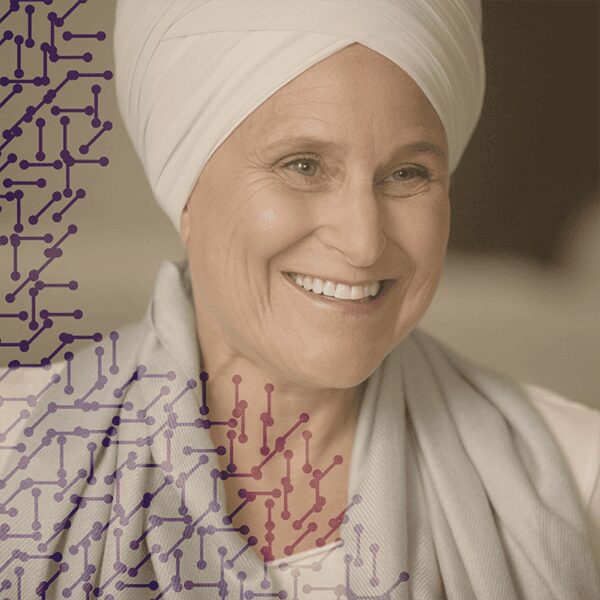
— Hari Kaur —
Director and Founder of Hari NYC The Treehouse – Kundalini Yoga, Meditation, Qi Gong, and Jazz – directs and teaches Kundalini Classes and Teacher Trainings in the US and abroad. Hari is co-author with Machelle Seibel, MD of “A Woman’s Book of Yoga: Embracing Our Natural Life Cycles” (Penguin 2002) and author of “A Woman’s Book of Meditation: Discovering the Power of a Peaceful Mind” (Penguin 2006). She was a founding board member of Yoga Alliance representing Kundalini Yoga – the national registry maintaining standards for yoga teachers. Hari was chosen by SONIMA and Yoga Journal as one of the top ten Influencers of Yoga in the USA. Hari is part of the generation of senior teachers in the US whose dedication to teaching created the movement that integrated yoga into modern life.
This 45-minute breakout room workshop provides an opportunity to share and dialogue with the attendees on the underlying principles of Kundalini Yoga that apply to the treatment of Generalized Anxiety Disorder. We’ll focus on questions from the attendees and discuss some of the challenges both to implementing yoga programs and doing research in this field.
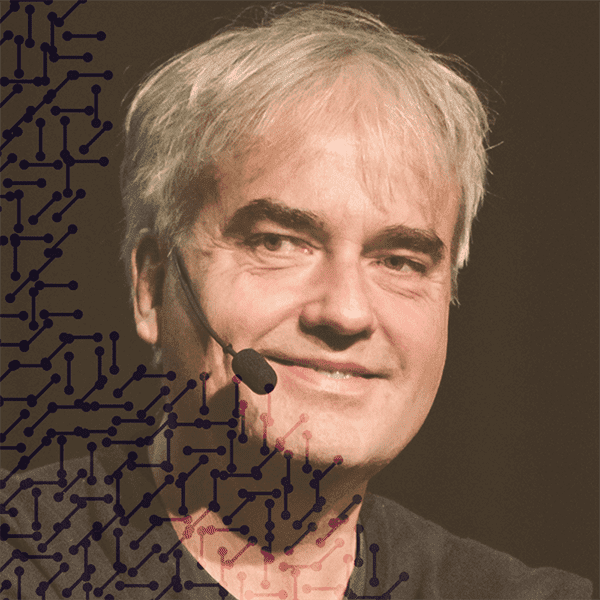
— Göran Boll —
MediYoga, a therapeutic form of Kundalini Yoga was developed in Sweden by Göran Boll. In 1998 he participated in the first scientific yoga research project in Sweden, together with the Karolinska Institute. Between then and 2018 he participated in more than 90 % of all Swedish research on yoga.
In 2010 researched MediYoga programs were implemented into the Swedish national health system. Today, through in-house MediYoga trained NHS personnel more than 340 (25% of all) hospitals, primary care- and specialist clinics In Sweden use these programs for a wide range of diagnoses.
Göran Boll also introduced yoga in 300 workplaces all over Sweden, he has lectured internationally, in Europe, India and in the USA. In 2015 he organized the first yoga research conference in Sweden, in collaboration with the Karolinska Institute and IAYT. 2013-2023 he was part of the IAYT advisory council.
Göran Boll will describe how he “cracked the code” and managed to get Kundalini Yoga, in the form of MediYoga, into the Swedish NHS, in a way where Sweden today is the most successful country in the world in this respect.
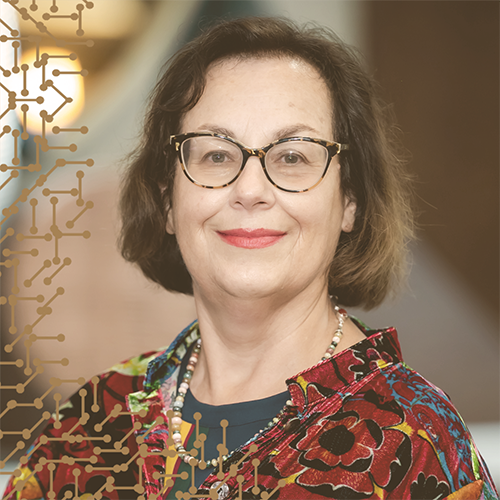
— Helen Lavretsky —
Helen Lavretsky is a Professor of Psychiatry at UCLA and a geriatric integrative psychiatrist with federally funded research program in geriatric depression and integrative mental health using mind-body interventions. She is a recipient of the Career Development award from NIMH and the NCCIH, and other prestigious research awards. Her current research studies include investigations of yoga and Tai Chi interventions for treatment and prevention of late-life mood and cognitive disorders. She is the Distinguished Life Fellow of the American Psychiatric Association and the Fellow of the American College of Neuropsychopharmacology, and the recipient of the Distinguished Investigator awards for research in geriatric psychiatry from the American College of Psychiatrists and the American Association for Geriatric Psychiatry. She the Director of the Late-life mood, stress and wellness program and the Integrative Psychiatry program. She is the President of the American Association for Geriatric Psychiatry.
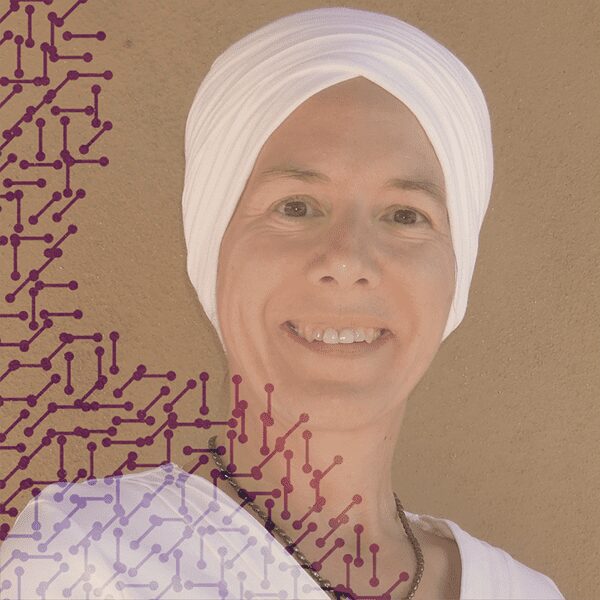
— Julie Staples (Guru Parkash) —
Julie K. Staples, Ph.D. (Guru Parkash Kaur) is the Research Director at The Center for Mind-Body Medicine and Adjunct Assistant Professor at Georgetown University. She has conducted research in mind-body medicine for traumatized populations for over 25 years. Her self-help book Reclaiming Life after Trauma teaches Kundalini yoga and cognitive behavioral therapy tools to heal trauma symptoms. She is a faculty member of the International Kundalini Yoga Therapy Professional Training program. She currently teaches online courses for yoga teachers, yoga therapists, and health professionals on the science of yoga.
Title: Kundalini Yoga and Cognitive Behavioral Therapy for Posttraumatic Stress Disorder
In this talk, Dr. Staples will present her pilot research study on the Integrative Trauma Recovery Program using Kundalini yoga and cognitive behavioral therapy for Posttraumatic Stress Disorder.
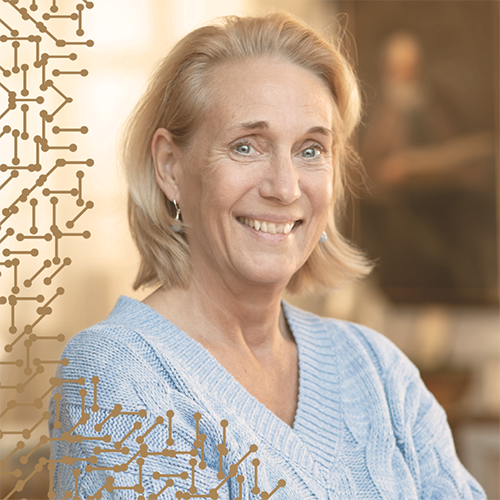
— Maria Wahlström —
Maria Wahlström is a registered nurse and employed at Sophiahemmet University, Stockholm, Sweden. She is working as a lecturer and has an PhD since 2019, Karolinska Institute, Stockholm, Sweden. She started in 2009 to investigate, in a small project, the effects of MediYoga among patients with myocardial infarction and have since then completed four studies in MediYoga and patients with paroxysmal atrial fibrillation. She has, together with Göran Boll, implement MediYoga in the Swedish health-care. The topics of her thesis is if MediYoga has effects in quality of life, blood pressure and heart frequency among patients with symptomatic paroxysmal atrial fibrillation. New studies are planned together with Karolinska Institute and Herlev and Gentofte University Hospital, Copenhagen, Denmark. The topics are effects of hypertension and elderly people performing MediYoga as well as an international study among patients with symptomatic paroxysmal atrial fibrillation.
Effects of MediYoga among patients with paroxysmal atrial fibrillation.
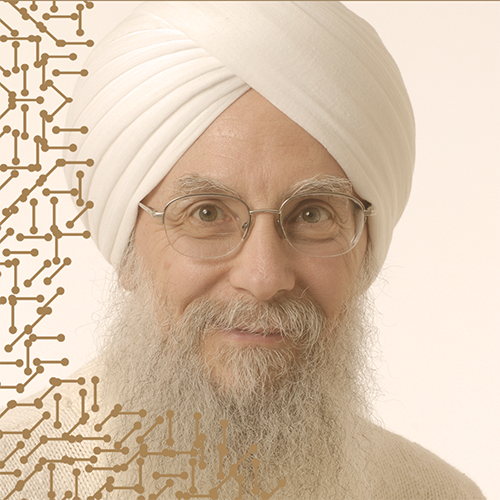
— Sat Bir Singh Khalsa —
Sat Bir Singh Khalsa, Ph.D. is the Director of Yoga Research for the Yoga Alliance and the Kundalini Research Institute, a Research Associate at the Benson Henry Institute for Mind Body Medicine, a Research Affiliate at the Osher Center for Integrative Medicine, and an Associate Professor of Medicine at Harvard Medical School at Brigham and Women’s Hospital. He has conducted research on yoga and yoga therapy since 2001 and has been a practitioner/instructor of Kundalini Yoga since 1973. His research has evaluated yoga for insomnia, chronic stress, and anxiety-related disorders, and in workplace and public school settings. He works with the International Association of Yoga Therapists promoting yoga research as scientific director for the annual Symposium on Yoga Research and as editor-in-chief of the International Journal of Yoga Therapy. He is medical editor of the Harvard Medical School Special Report Introduction to Yoga, and chief editor of the medical textbook The Principles and Practice of Yoga in Health Care.
The Science and Research on Kundalini Yoga for Anxiety
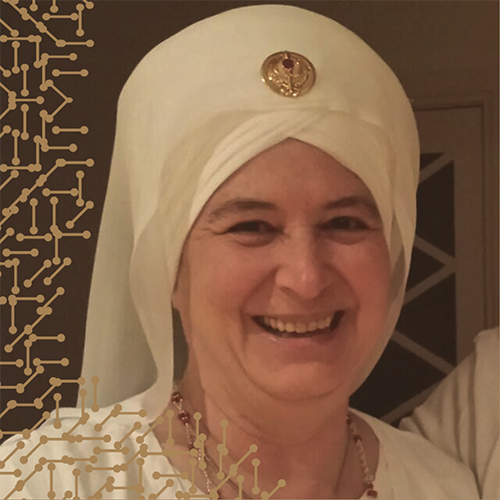
— Shanti Shanti Kaur —
Shanti Shanti Kaur Khalsa, PhD, C-IAYT, YACEP, brings the ancient teachings of Kundalini Yoga into modern medicine. She directs the 1,120 hour IAYT accredited International Kundalini Yoga Therapy Professional Training and coordinates outcome studies on the medical effects of yoga practice. Dr. Khalsa’s Yoga Therapy program for people living with HIV is featured in Yoga as Medicine by Timothy McCall, and her groundbreaking work in Kundalini Yoga Therapy is featured in Yoga Therapy and Integrative Medicine: Where Ancient Science Meets Modern Medicine.
The Co-Regulation Between Yoga Therapists and Yoga Therapy Researchers
A Partnership and Pathway to clinically informed research, and evidence informed practice.
Special Interest Topic: Kundalini Yoga Therapy Approaches to Reduce Pain and Inflammation
Pain and Inflammation are interwoven and are key factors in chronic illness. When we reduce inflammation, we reduce both symptoms and root cause of diverse and widespread lifestyle conditions including diabetes, heart disease, cognitive decline, weight gain, cancer, auto immune disorders and insomnia. Explore Kundalini Yoga methods clinically demonstrated to cool pain and inflammation.
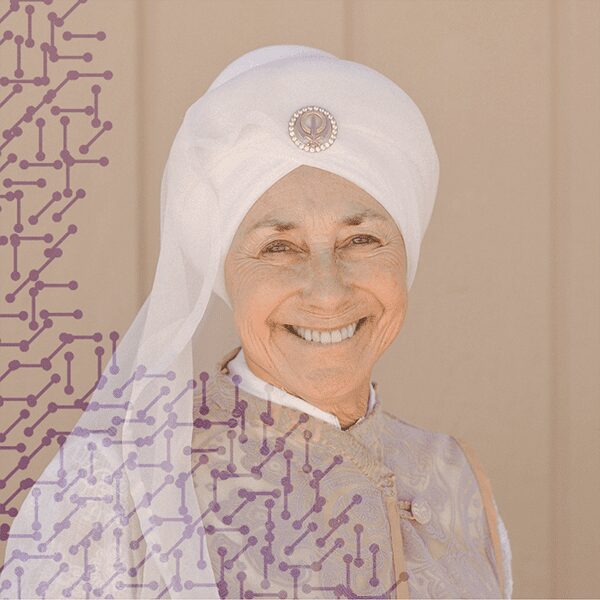
— Mukta Kaur —
Mukta Kaur Khalsa, Ph.D., Director of SuperHealth®, is a Nationally Certified Addictions Counselor and MAC; Licensed Professional Mental Health, Drug and Addictions Counselor; Chief Presidential Authority as an NGO in consultative status with the Economic and Social Council of the United Nations; directed substance abuse and mental health in-patient facility accredited by JCAHO; worldwide trainer. Published researcher: Journal of Ethnicity and Substance Abuse. Author: “Meditations for Addictive Behavior” (in eight languages), “Healing Addictive Behavior,” “Curb the Urge.” SuperHealth manuals: “Principles and Practices,” and “Technology.”
Yogic Science for Addictive Behavior
The SuperHealth system gives practitioners a grounded, intuitive response to life’s challenges. Experience how Kundalini yoga, meditation, breathwork, conscious relaxation, and the healing properties of food facilitate changes needed to break free from addictions and sustain a recovery lifestyle.
Daily practice helps people blossom from recovery to self-discovery with accelerated healing, increased spiritual awareness, and deepened relationship with the True Self.
This is a system of training for recovery success.
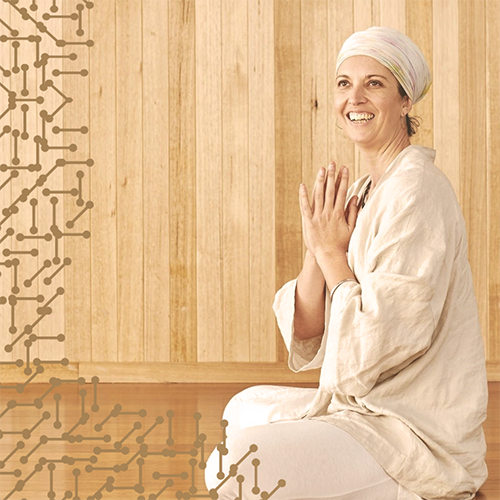
— Siri Bhagvati —
Siri Bhagvati / Billie Atherstone has been working in the field of health sciences and yoga for 20 years. She is a Kundalini Yoga Therapist and teacher, a Professional KRI Teacher Trainer and works as a Kinesiologist and Bowen Therapist. She lives in Melbourne, Australia and is the co-owner of Kundalini House, a Complementary Health Clinic and Yoga Studio. She and her sister opened the business in 2006 with the vision to create a centre where people could be supported to meet their health and wellbeing outcomes with yoga and a wide range of body and talking therapies, including acupuncture, psychology and yoga therapy. (www.kundalinihouse.com.au)
Since 2014, Siri Bhagvati has focused on Yoga Therapy with the Guru Ram Das Center (grdcenter.org) and is a member of the faculty team, teaching open courses and courses within its professional accredited Kundalini Yoga Therapy training. In her clinical work, she has been successfully running specialised courses and one on ones for people in the recovery of trauma, PTSD and health recovery.
“Co- facilitate a 45-minute breakout room workshop on the application of Kundalini Yoga for trauma”
Kundalini Yoga is known to be effective for the nervous system. In this breakout room we will explore using Kundalini Yoga therapeutically as an approach to address trauma and the disregulation of the autonomic nervous system, drawing on insights from Kundalini Yoga Therapy and the Polyvagal Theory.
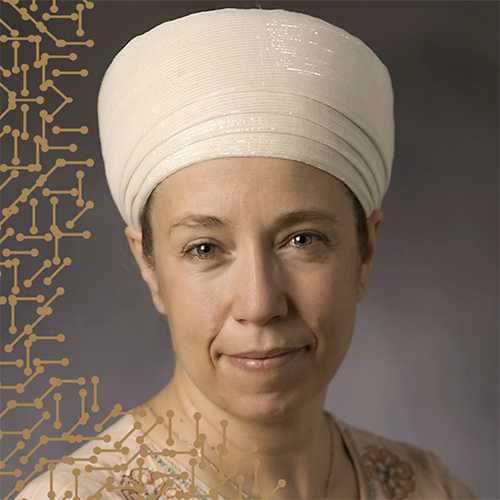
— Keval Kaur Khalsa —
Keval Kaur Khalsa, MA, RYT-500, YACEP, is a Kundalini Yoga Teacher, Teacher Trainer and Mentoring Coach, Y.O.G.A. for Youth Teacher Trainer, and Professor Emerita at Duke University where she taught for 32 years and served as Director of the Dance Program for 7 years. Keval Kaur has coordinated Y.O.G.A. for Youth programming in North Carolina for 16 years and developed and implemented the online version of the Y.O.G.A. for Youth specialty training. Along with Dr. Michele Tracy Berger, Prof. Khalsa conducted a multi-year research study on the effects of yoga and meditation on public middle school students supported by Duke University’s Bass Connections Initiative. Keval Kaur is the owner of Kundalini Yoga Durham, a donation-based studio in Durham, North Carolina. Keval Kaur is committed to the utilization of the embodied practices of yoga, dance and theater as tools for personal and social transformation, particularly with communities often identified as “underserved” or “at risk”.
15-minute Research Lecture: Prof. Khalsa will overview the design, implementation and results of a research study conducted with adolescents participating in Kundalini yoga-based Y.O.G.A. for Youth programming as part of afterschool programs in public middle schools in Orange County, North Carolina.
45-minute Youth Breakout Session: Yoga for Youth Yoga is becoming recognized as a promising tool for developing social emotional learning, physical fitness and mindfulness in children, and is being implemented both formally and informally in educational settings. This breakout session will be an open space to discuss best practices for delivering yoga programming to youth in educational settings, conducting research in educational settings, and challenges and opportunities within the yoga in education field.
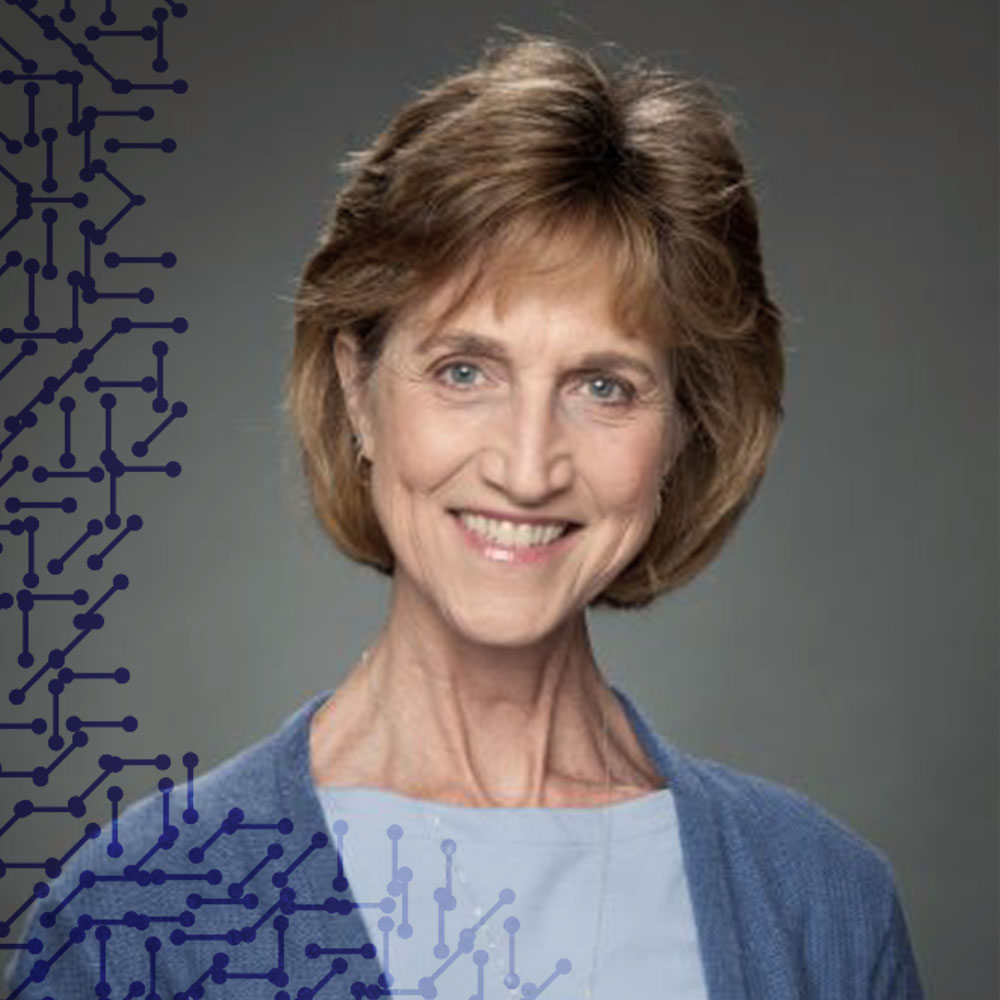
— Marisa Perdomo —
Marisa Perdomo, PT, DPT, MS Board Certified Oncology Physical Therapy Specialist is an Assistant Professor in Clinical Physical Therapy at the University of Southern California. She is a founding member of the USC Institute for Integrative Health and Wellness. She is also a member of the KRI Research Committee.
She received her Bachelor of Science Physical therapy degree at West Virginia University and her Master’s and Clinical Doctorate degrees at the University of Southern California.
She has over 40 years of clinical practice focusing on orthopedic, oncologic, and lymphatic dysfunctions and integrated health. She received her lymphedema training and certification from the Foldi Clinic in Hinterzarten Germany in 1997 and became a certified cancer exercise specialist in 2003 from Rocky Mountain University. Dr. Perdomo also has extensive training in all areas of orthopedic manual therapy via the North American Institute of Manual Therapy. She has been practicing Kundalini yoga since 2013 and has completed the Level II teaching curriculum. Dr. Perdomo incorporates principles of kundalini yogi, integrative health with her physical therapy interventions to provide unique intervention care plans for individuals with oncologic-related impairments.
Dr. Perdomo developed the USC curricular content regarding the comprehensive management of oncological related impairments and peripheral edema. Her teaching responsibilities included Differential Diagnosis, Cardiopulmonary and Medical Conditions, Complex Patient Management and Pharmacology. She developed a physical therapy practice for survivors of cancer at the USC Faculty Practice. To support the need for expert clinicians, she mentored junior faculty as they obtained the unique skillset required to comprehensively treat this patient population.
Dr. Perdomo has a wide range of clinical experience developing interventions for individuals diagnosed with chronic venous insufficiency, trauma-related edema, head and neck cancer, breast cancer, gynecological cancer, prostate cancer, sarcoma, and hodgkin’s and non-hodgkin’s lymphoma as well as survivors with long-term adverse effects.
Her scholarly interests include oncology rehabilitation, lymphedema management and kundalini yoga interventions. Publications include clinical practice guidelines for diagnosing and treating Upper Quadrant Secondary Lymphedema Related to Cancer, and systematic reviews of outcome measures for survivors of breast cancer.
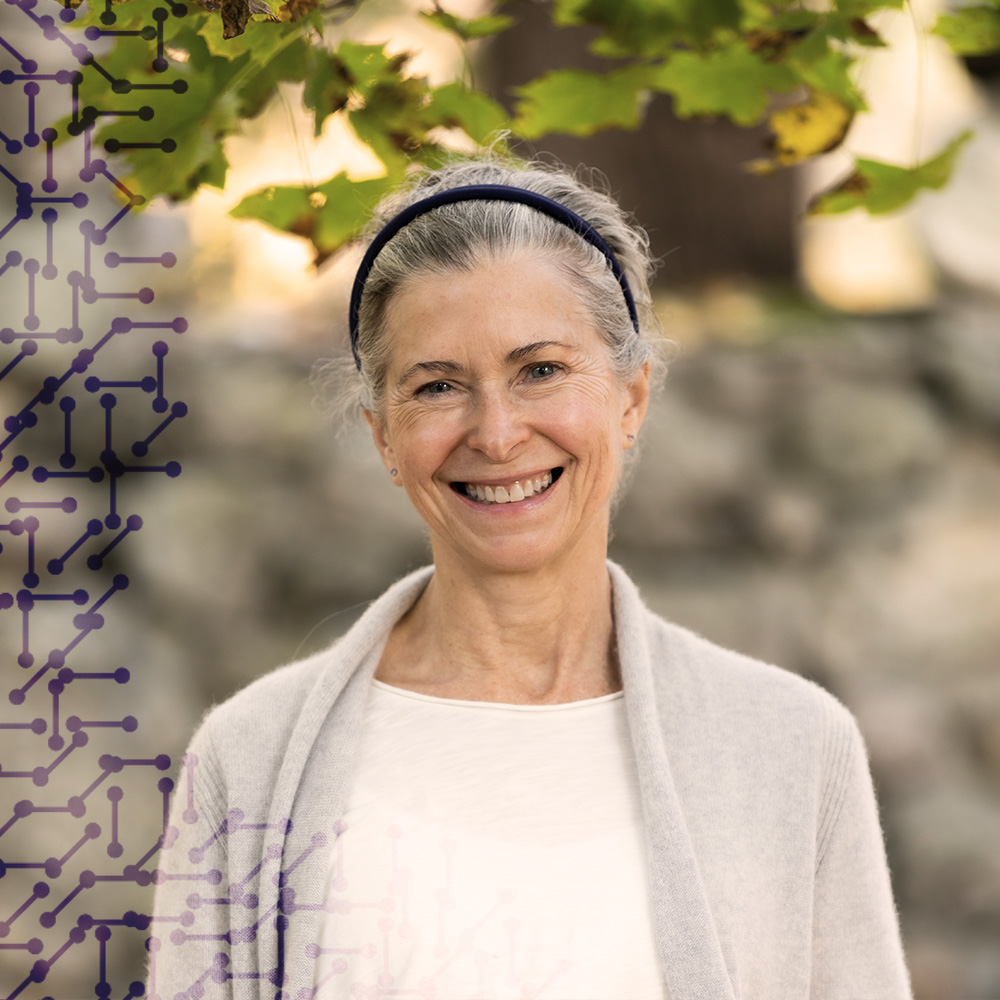
— Hari Kirin Khalsa —
HariKirin Khalsa, MD, C-IAYT, has served in the healthcare profession as a registered nurse who decided to go on to medical school, an obstetrician gynecologist, and now a yoga therapist. She serves as volunteer faculty at UMass Chan Medical School, and in the International Kundalini Yoga Therapy Profession Training via the Guru Ram Das Center. She co-founded Gobinday Yogic Health to provide yoga and yoga therapy by donation. She is a member of the American College of Lifestyle Medicine. HariKirin has been honored throughout life to witness the triumph of the human spirit, and the intersection of science and awe.
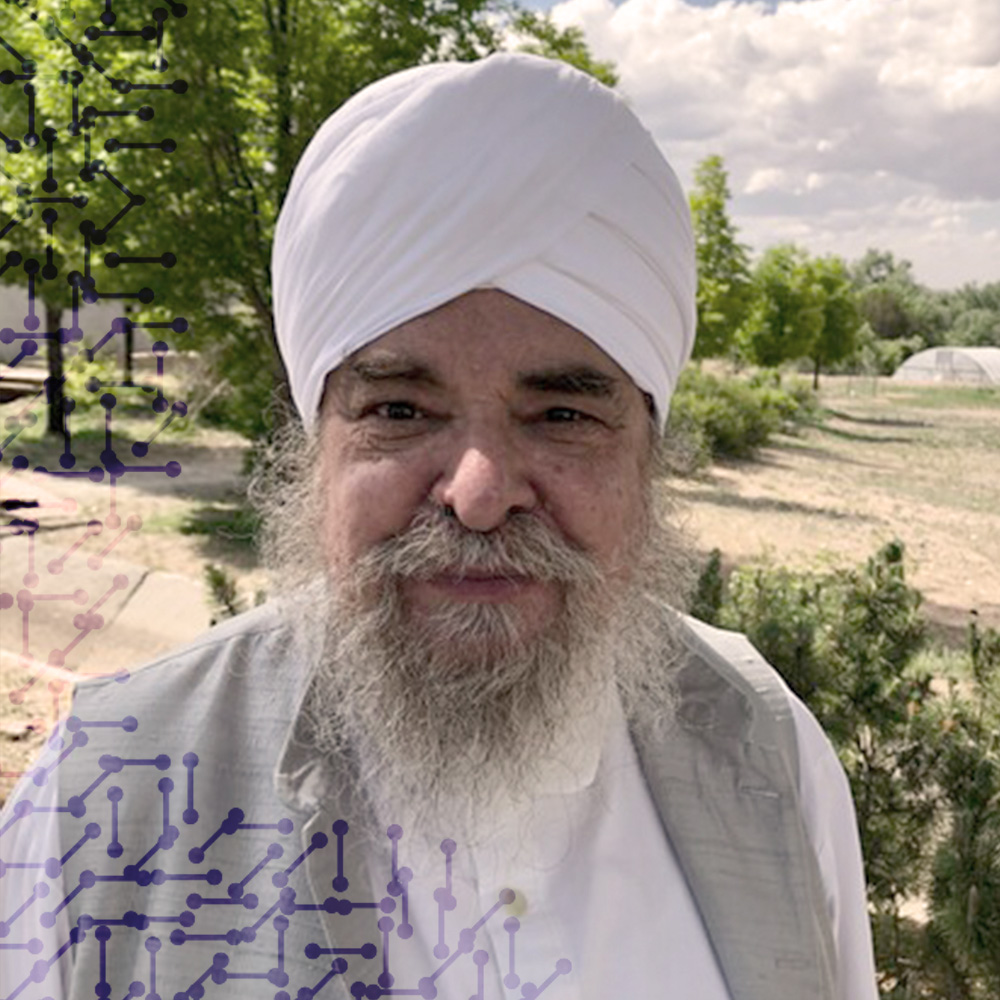
— Shiva Singh Khalsa —
About Shiva Singh: S.S. Shiva Singh Khalsa, E-RYT 500 is a Kundalini Yoga Mentoring Lead Teacher Trainer. Since 1972 Shiva Singh has taught on yoga and meditation, sound and Mantra and other mind-body topics, including the Sacred Gong. His teaching style is accessible, narrative-driven, and insightful. He has always emphasized the personal growth possible through the practice of a Yogic lifestyle.
For the last 15 years he has researched and taught Kundalini Yoga to those with limited cognitive and physical abilities, successfully adapting familiar practices, making them accessible without losing their physical and subtle effects.
Shiva Singh is the Co-Director of Spirit Rising Foundation, a Minister of Sikh Dharma International and is recognized as a leader in the interfaith community and an advocate for the elderly and health care equity.
Kundalini Yoga: Ageless
It is an error in judgement to imagine Seniors and the infirm will be resistant to yogic teachings. I have found over the years that this population is willing and able to practice Kundalini Yoga when presented in its totality with awareness of their limits and the social milieu they came from.
A multidimensional approach towards aging, and towards life, allows us to understand this natural process not only considering its weaknesses but most of all, recognizing its strengths and opportunities.
It is incredibly rewarding and inspiring to teach seniors. They are both beautiful in their age and the effort they put into practicing Kundalini Yoga in chairs.
In this session we will discuss the issues facing an aging population, the tools we have as Kundalini Yoga teachers to serve them and, we will practice the adaptations we use for a typical session.
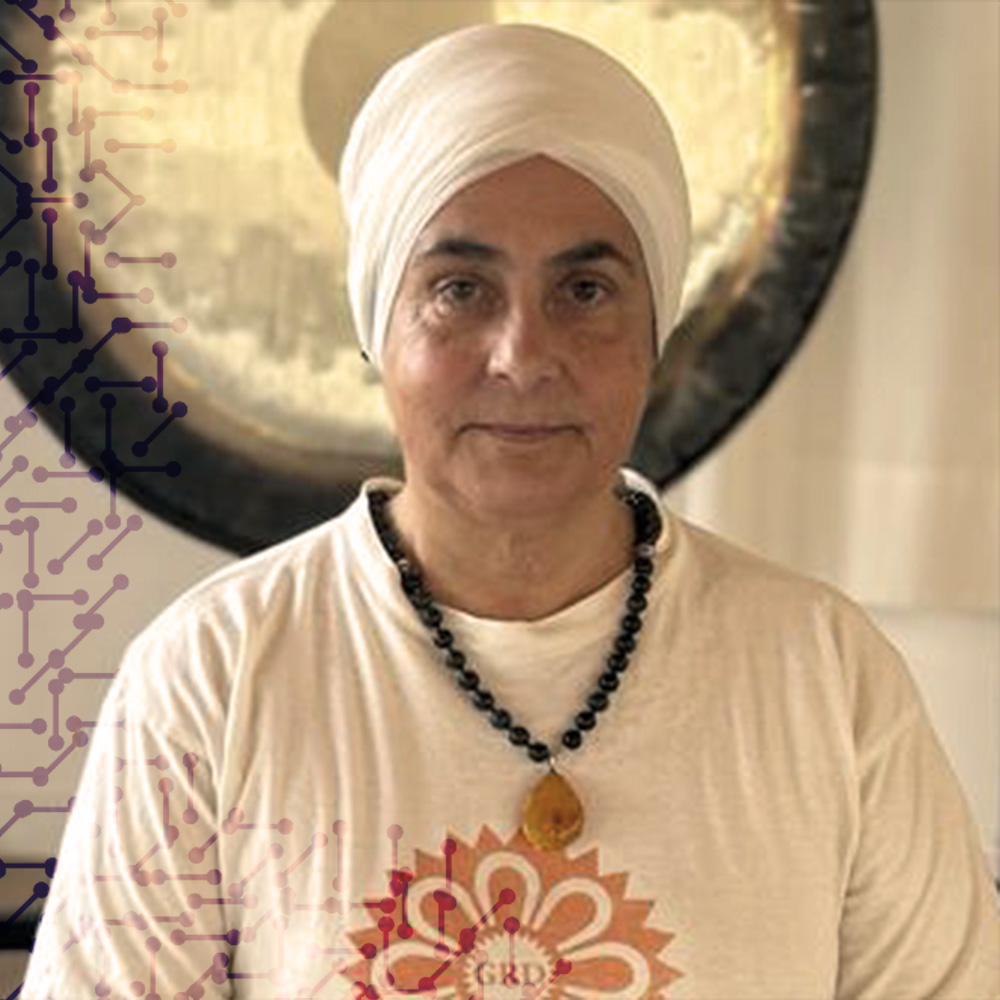
— MaGloria Borras-Boneu
(Guru Karm Kaur) —
Guru Karm Kaur, MaGloria Borras-Boneu, MD PhD has worked in the medical area as gynecologist. Her research motivation for Immunology in Gynecologic Cancer moved her from Barcelona to Harvard University, where she also learned about the integrated and yogic approach for health.
By 2000, as kundalini yoga teacher, she experienced the immersion in the GRD mother ashram, at the Center for Medicine and Humanology. Since then she offered these teachings and Sat Nam Rasayan as complementary medicines in courses and to her patients through the GRD medic health institute.
She has also collaborated at the Yoga Festival for the GRD center, the Spanish National Teachers Association, programs for Conscious Pregnancy and Yoga Doula, Mujer de Luz (Woman of Light), and as member of the Scientific Advisory Committee of Alzheimer Research and Prevention Foundation supported research for prevention and emotional changes during early decrease of cognition.
Nowadays, she is mainly retired from her gynecological practice, and focuses in neuro-linguistics, for Naad and sound, and brings KY teachings in her programs for integrated health.
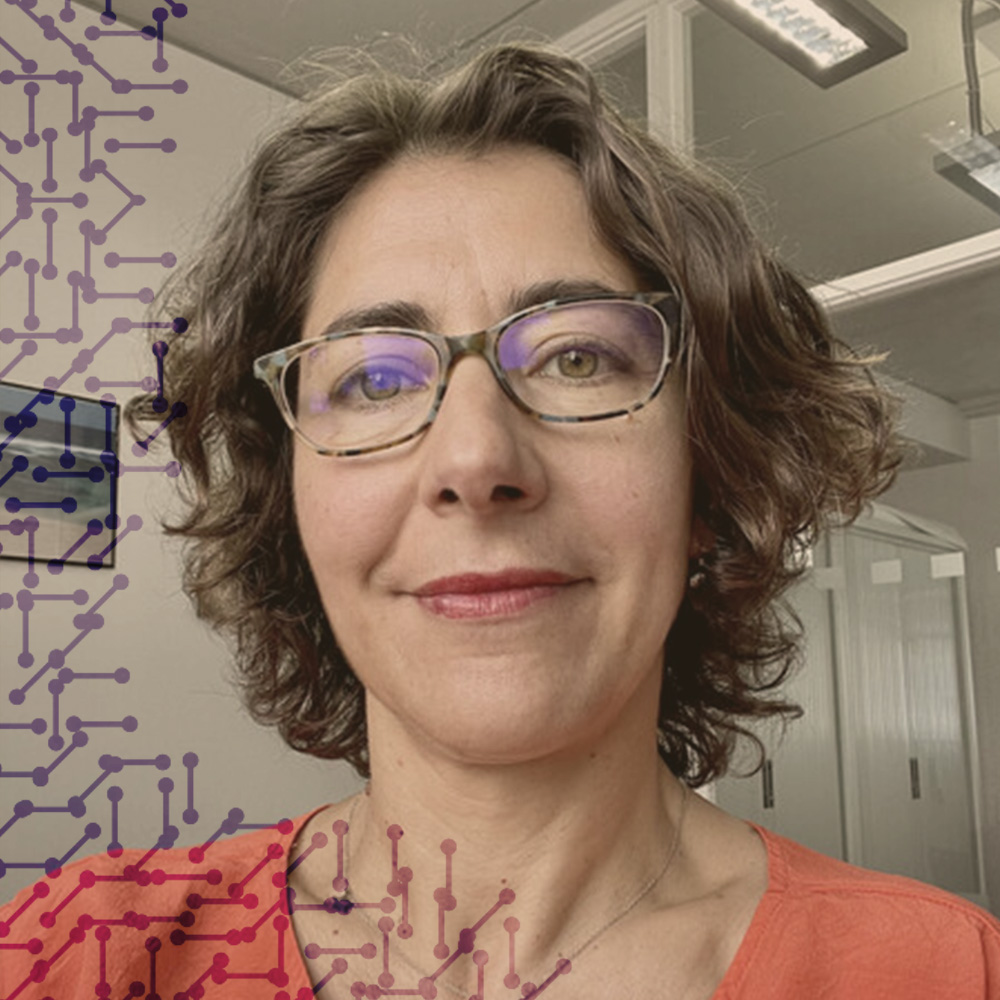
— Elvira Perez Vallejos —
Elvira Perez Vallejos is Professor of Mental Health and Digital Technology at the University of Nottingham (UK), NIHR Nottingham Biomedical Research Centre and NIHR MindTech. She is the Chair of the Equities Committee for the research programme Responsible AI UK and the Director of Responsible Research and Innovation at the Trustworthy Autonomous Systems Hub. Elvira’s research portfolio is highly interdisciplinary with funding from UKRI and NIHR. She specialises in assessing the impact that technology has on the mental wellbeing of groups with protected characteristics (children, young people, older adults) applying co-design and participatory methods. She is driving world-leading research on digital mental health including issues of data ethics and privacy, user and stakeholder engagement, co-production, and responsible innovation. Over the last six years, she has been working with groups of young people and brought to the forefront of policy innovation their concerns and recommendations on digital mental health.
During my talk, I will present the findings of a study introducing a 20-week Kundalini Yoga practice into Children Homes in Nottingham, UK (see attached for free dissemination). The study shows benefits and improved wellbeing among both children in care and staff. Limitations and possibilities for improvement will be discussed.
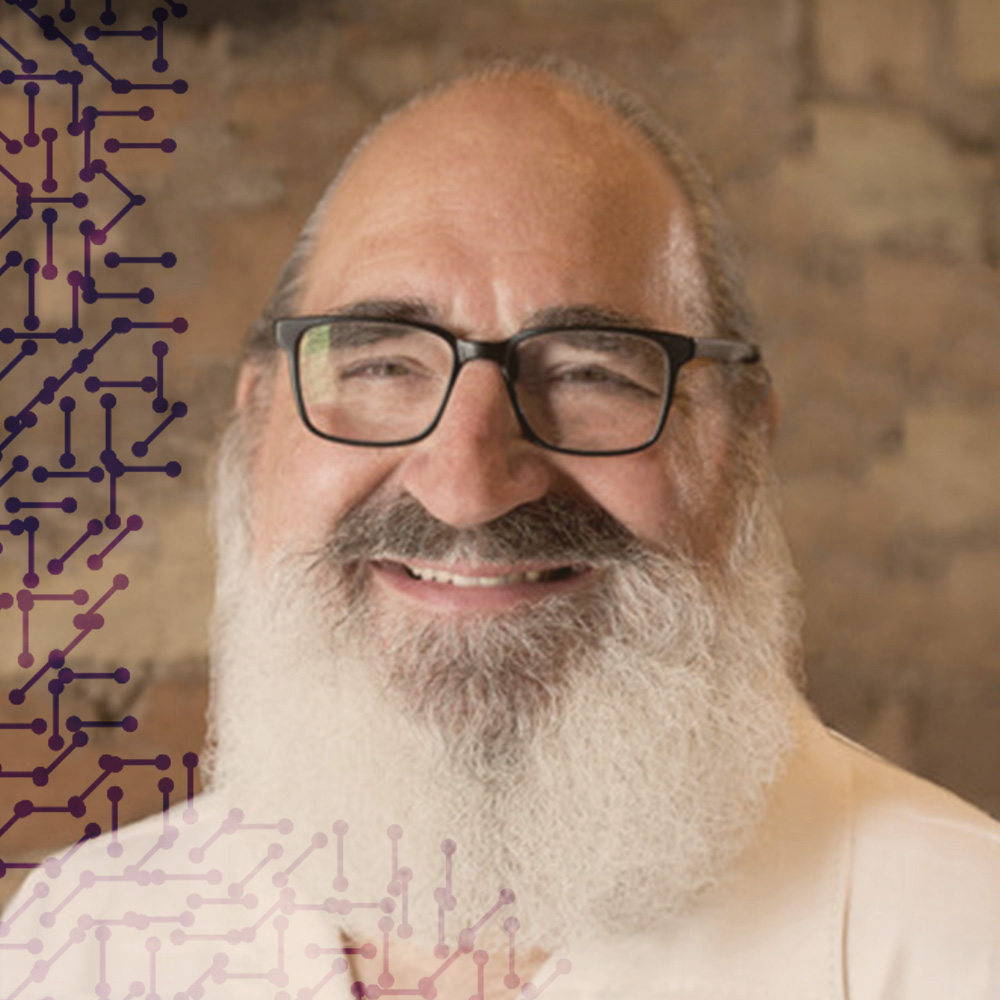
— Gurucharan Singh Khalsa —
Gurucharan Singh Khalsa is a renowned expert in Kundalini Yoga and meditation. He was the international director of training for Kundalini Yoga for 40 years and has developed several global training programs. Gurucharan is the author of several books, including “The 21 Stages of Meditation,” “Breathwalk,” and “The Mind” (co-authored with Yogi Bhajan). He has also designed numerous manuals and texts for the application of meditation techniques to communication, lifestyle, vitality, stress, and relationships. Gurucharan collaborated on original research on the effects of Kundalini Yoga and meditation. Most recently “Kundalini Yoga for Post-Treatment Lyme Disease: a Preliminary Randomized Study” In Healthcare 2022. He extends research interests expanding the applications of Kundalini Yoga Processes and their Somatic basis. He taught yoga and wellness programs at MIT for 15 years. He contributes to the KRI research group. Currently he is an affiliated scholar at Chapman University and collaborates with the institute of quantum studies to explore foundational research in how top-down irreducible holisms interact dynamically in time with bottom-up processes of parts. He is fascinated by paradoxes, anomalies, and leading-edge intuitions of the productive questions to ask.
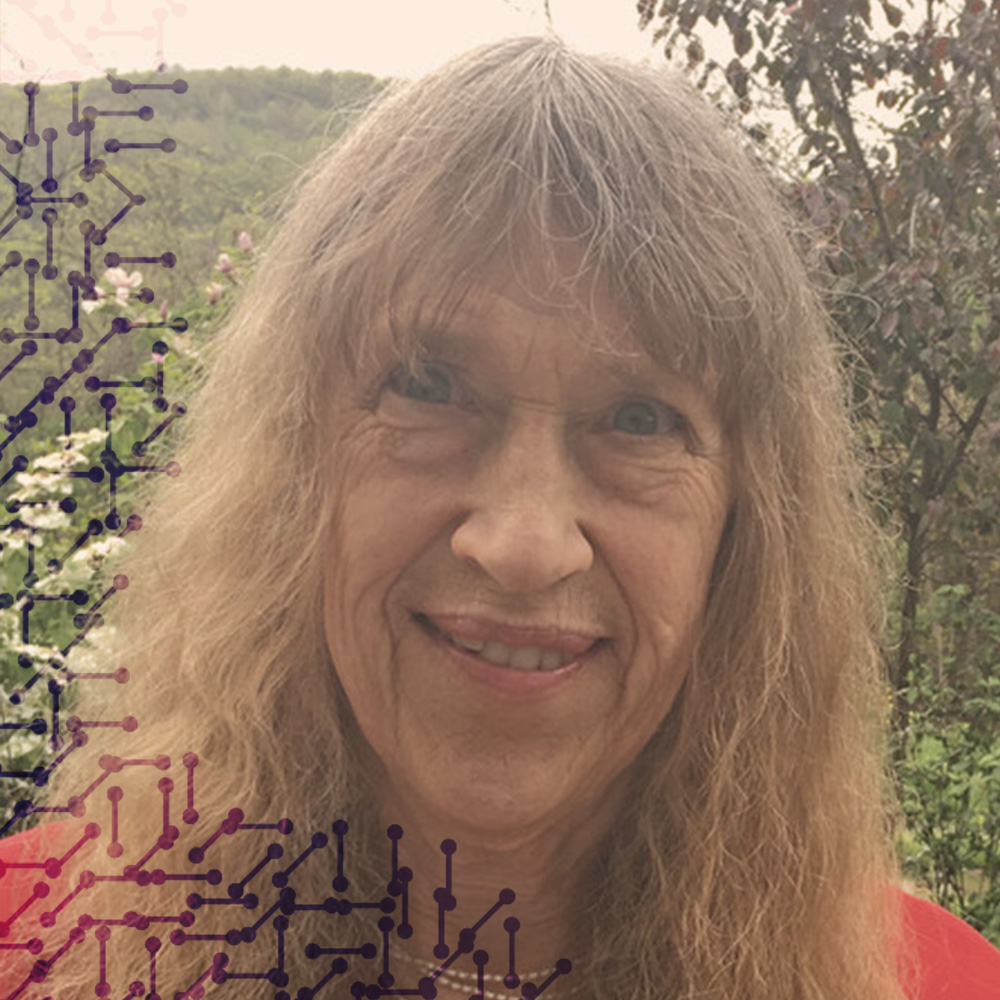
— Kim Innes —
Dr. Innes is a Professor Emerita in the Department of Epidemiology, West Virginia University School of Public Health. She is an experienced epidemiologist and clinical research scientist with a particular interest in yoga and related mind-body therapies for the prevention and management of cognitive impairment, restless legs syndrome (RLS), arthritis, and other burdensome chronic disorders related to stress, sympathetic activation, and metabolic dysregulation. Since her entry into academia in 1999, she has served as principal investigator on over 25 federal and national research foundation grants, and as Co-I, mentor, and/or research advisor on numerous additional awards. Dr. Innes’ most recent research, funded by grants from the NIH, the Alzheimer’s Research and Prevention Foundation, and other organizations, includes clinical trials to assess the effects of yogic practices on cognition, neuropsychiatric impairment, sleep, quality of life, and markers of cellular aging in older adults with preclinical memory loss; RLS symptoms, sleep, mood, and related outcomes in adults with restless legs syndrome; and pain, sleep, mood and other outcomes in older adults with osteoarthritis. Among her earlier clinical trials are those regarding the potential benefits of yoga and meditation for sedentary, post-menopausal women at risk for cardiovascular disease; older adults with type 2 diabetes; elders with Parkinson’s Disease; and individuals with cognitive impairment and their caregivers. Additional research projects include large population studies of memory loss and dementia, sleep disorders, arthritis, colorectal and breast cancer, and other common chronic conditions.
She is frequently invited to speak both nationally and internationally on these topics, and continues to serve on a number of national and international expert panels. Since 1999, Dr. Innes has authored over 250 scientific papers and abstracts, including over 120 peer-reviewed articles; the latter include publications in the J Alzheimer’s Disease, Annals of Internal Medicine, JAMA, AJE, PLosOne, Psychoneuroimmunology, Epidemiology, J Clin Sleep Medicine, Frontiers in Psychiatry, Osteoarthritis and Cartilage, J Alternative and Complementary Medicine, Evidence-based Complementary and Alternative Medicine, Pain Medicine, Sleep Medicine Review, J American Geriatric Society, and other respected journals. Her work has been featured in Time Magazine, NBC News, Psychology Today, Reuters Press, VICE, Prada, Medscape, NPR, MSN, the Yoga Journal, Yoga Therapy Today, Prevention Magazine, Women’s Health Magazine, Neurology News, Medical News Today, Science Daily, UK National News, Alzheimer’s News Today, Eurasia Review, and many other national and international venues.
In this research talk, Dr Innes will briefly review her recent trials investigating the potential benefits of a simple Kundalini meditation practice (Kirtan Kriya) for adults with preclinical memory loss.

